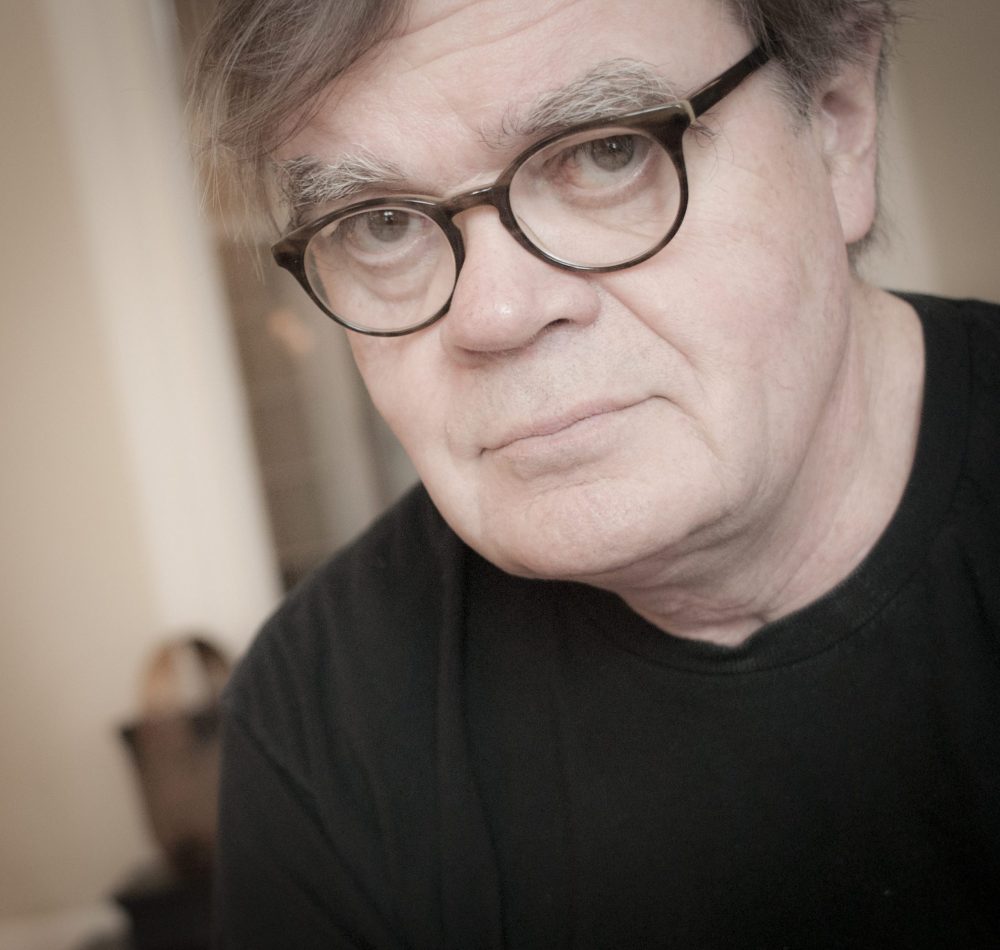Keillor has no tolerance for homophobia or injustice.
At the beginning of the #metoo movement, one of my favorite men became known as an abuser. I was shocked and horrified to learn that #GarrisonKeillor, the 74-year-old comic and storyteller to whom I’ve been listening for more than thirty years, had been accused of sexual misconduct. A few months ago, the allegations spread and he was fired from Minnesota Public Radio.
I listened to Keillor’s show, Prairie Home Companion, for over thirty years, since I first heard it while eating brunch in a Berkeley diner in 1984. I have seen him perform live, twice, and I’ve read his books and enjoyed his Writers’ Almanac. Although Keillor rarely makes direct political commentary, his wit and insight – and his strong, intelligent liberal values – are made clear in his stories and skits.
Garrison Keillor rarely belittled anyone, but he had no tolerance for homophobia or injustice. His show, and his public persona, were full of decency and kindness. A friend of mine received a gracious literary favor from Keillor, simply by asking for it.
I met Garrison Keillor once. It was after his show in San Diego, in summer of 1991. I was a wreck, having had a nasty fight with my partner on the way to the show, but I went backstage and found the knot of people crowded around the performer. I had a book I wanted him to sign, but that was just a prop – I really just wanted to hear him speak, to be in his presence for a few seconds.
There were about eight people there, clamoring for Keillor’s attention. I was still upset, and couldn’t compete with the fuss, but Keillor moved towards me. He made eye contact, and his face looked grave and sympathetic. I have been told, and I think it’s true, that my emotions show on my face; it seemed that he was seeing my sadness – or maybe just my swollen eyes – and that he felt some concern.
He spoke quietly to me, below the hearing of the people around, and I asked him to sign my book. He did so, asking me about the spelling of my name, and where I was from. He recognized my name as English, and he said gently, “But you are not from the old country, are you?” I answered that my parents were, and he listened. I felt that he cared.
And so, hearing that an unnamed woman claimed that Garrison Keillor touched her inappropriately – apparently by putting his hand on her back to comfort her, and inadvertently touching skin, because her dress was backless – made me feel curious and not especially sympathetic. #metoo is about abuse, not accidental skin contact. According to Garrison Keillor, he apologized at the time for touching his friend’s back, and in an email to her the next day. He said she told him not to worry about it and never mentioned it again, and their friendship continued until 2017, when he heard from her lawyer.
I’m not saying that the woman lied, or even that she was not harmed. Maybe she felt shocked or hurt by a man’s hand where she wasn’t expecting it, even if it was just her back, in a public place, while both people were fully clothed and standing up talking. It’s likely that she remembers the incident differently. I respect what women say and feel. But at the same time, I remember and respect my own experience, too. And just as she deserves to be heard, so does my version of being touched by Garrison Keillor.
Garrison Keillor has been, and remains, a role model and a creative inspiration for me. The one time I met him in person, and the hundreds of times I heard him tell stories, I have felt nothing but goodness from him. This admiration and trust, too, is part of #metoo.
